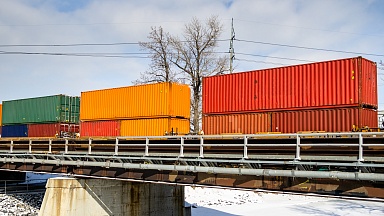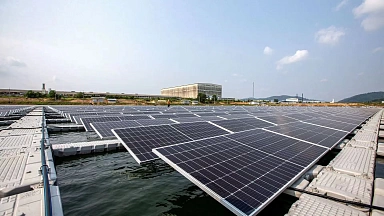Among Meloni’s main reasons for not renewing the collaboration are China’s positions on the Russian invasion of Ukraine as well as its attitude towards Taiwan, Hong Kong, and the Uyghurs. The Chinese embassy in Italy responded to Meloni’s statements regarding Taiwan defining them as negative observations aimed at picturing China as hostile.
A partnership started in 2019
The first Memorandum of Understanding between China and Italy was signed in March 2019. Italy was the first G-7 country to join the BRI. The two parties agreed on improving the connectivity between the two countries by collaborating with the Asian Infrastructure Investment Bank (AIIB) to finance various projects. The main purpose of this cooperation was to link the Italian transport system with both the TEN-T network and the New Silk Road.
However, this collaboration did not necessarily lead to significant developments in the relationship between China and Italy. MoUs were signed between the Chinese Communications Construction Company and the ports of Trieste and Genoa, but they did not lead to concrete developments.
Moreover, the construction of a BRI terminal in the port of Vado Ligure, near Genoa, is a result of an older agreement signed in 2016. All in all the MoU signed in 2019 did not lead to significant developments when it comes to effective transportation agreements. Considering this state of affairs, not renewing the BRI agreement might therefore not lead to significant changes in terms of project development.



